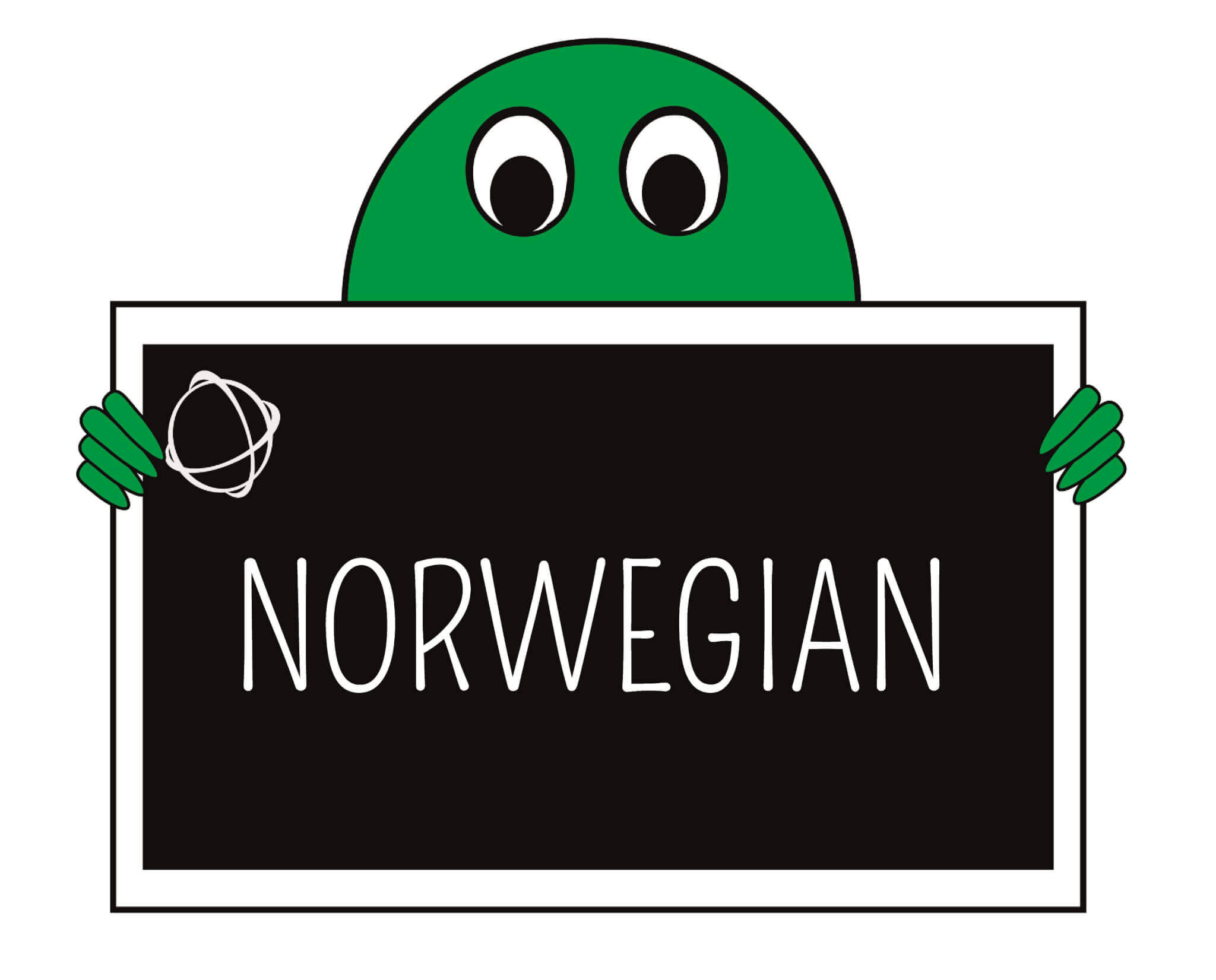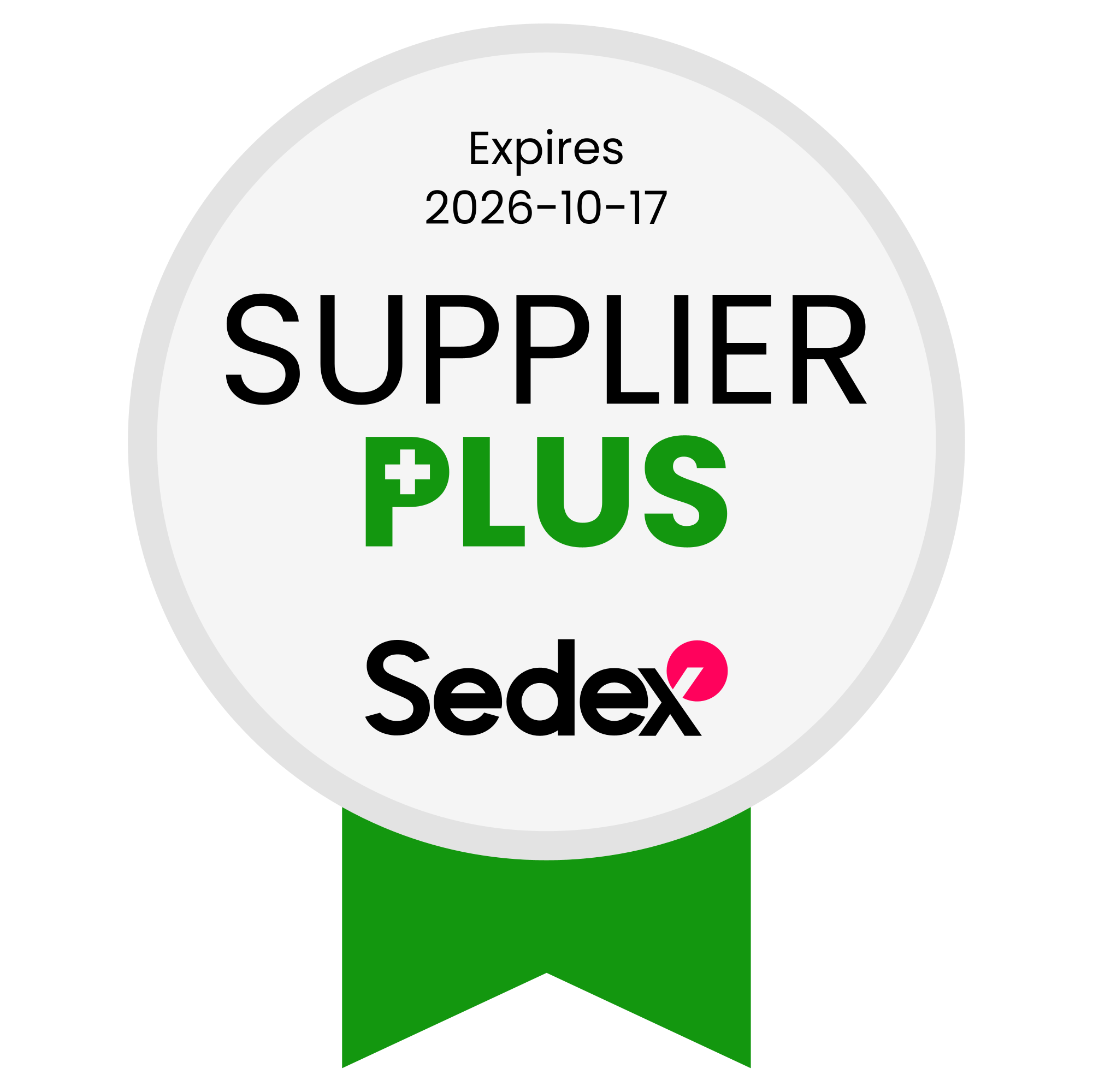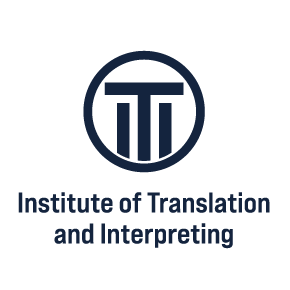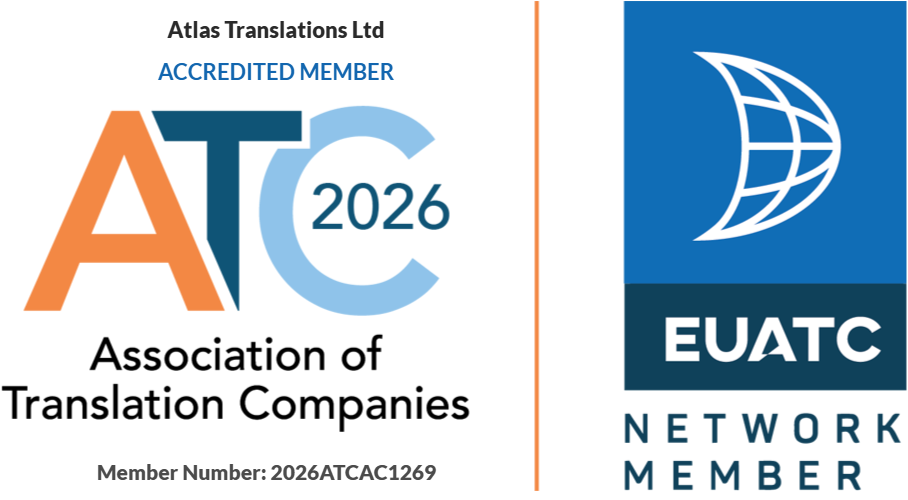Atlas Translations: Translation into Norwegian
Translation into Norwegian
Norwegian is a North Germanic language spoken by the 5.2 million inhabitants of the Scandinavian nation of Norway (and, surprisingly, 0.4% of people in the American state of North Dakota!). It shares many similarities with other Scandinavian languages such as Danish and Swedish. These similarities allow speakers of different languages to converse without much difficulty. There are many different local dialects of Norwegian, and the history of the language is both complex and fascinating.

History of Norwegian
Norwegian and other Scandinavian languages, most notably Danish, are irrevocably linked, having been almost indistinguishable until recent centuries. The language spoken by the Vikings and other inhabitants of the Scandinavian peninsula in the first millennium AD was known as Norse, written using a runic alphabet. However, as the Vikings spread across northern Europe, the original Old Norse language was lost. In the 11th century, Christianity arrived in Scandinavia and Norwegian languages adopted the Latin script.
In the late 1300s, Denmark and Norway became one country. During this union, Danish was spoken in official circumstances, but Norwegian dialects were still used by much of the rural population. When Norway became independent in 1814, a wave of nationalism soon followed. The Norwegian nationalists wanted to distinguish their language from the tongue of the neighbouring Danes. This led to different written forms of Norwegian being developed, which are still in use today.
Norwegian linguist Ivar Aasen travelled around Norway on a quest to derive a Norwegian language representative of the varied dialects across the country. The result of his efforts was known as ‘Landsmål’, and which later became known as ‘Nynorsk’. However, his approach was rejected by much of Norway’s urban populace, who decided to introduce some Norwegian words into the Danish language that was already used in Norway. This written form became known as ‘Bokmål’.
Although there were attempts during the 20th century to unify the two languages into one tongue, none succeeded. The confusing part about all of this is that both these languages are different versions of written Norwegian, but there are many varied regional dialects in Norway that differ from them. In modern times, the majority of Norway writes using the Bokmål form and a minority writes using Nynorsk. However, the spoken language used by a majority of Norwegians actually has more similarities to Nynorsk, as this language was derived from the regional dialects that are still used today!
Norwegian Influence on English
The Vikings ruled parts of Britain for hundreds of years, first invading in 793 AD. During this time, the Scandinavian language had a large influence on the language that would eventually turn into modern English. Norway being a very cold country, many of the winter activities and words associated with winter in English are of Norwegian origin. These include skiing, slalom and fjord.
Old Norse, the language spoken by the Vikings, has had a huge influence on the English language. In fact, you probably use a particular word of Norse origin all the time – the word ‘Thursday’ is directly descended from the Norse God, Thor. Tuesday, Wednesday and Friday also could have Norse origin, but it is thought that they are descended from names of Anglo-Saxon Gods.
The Vikings were known for their bloodthirsty pillaging, so it’s no surprise either that many violent words can be traced back to Norse. Berserk (berserkr), club (klubba), slaughter (slatra) and knife (knifr) are all examples of the deadly Viking lexicon.
While Norway is a relatively small country, and it’s language is not well-known outside of Scandinavia, it is most certainly a beautiful and important language. This is especially pertinent for native English speakers, who cannot ignore the shared history of the two languages, and of other similar North European tongues. This makes it a fantastic language to study and learn!















